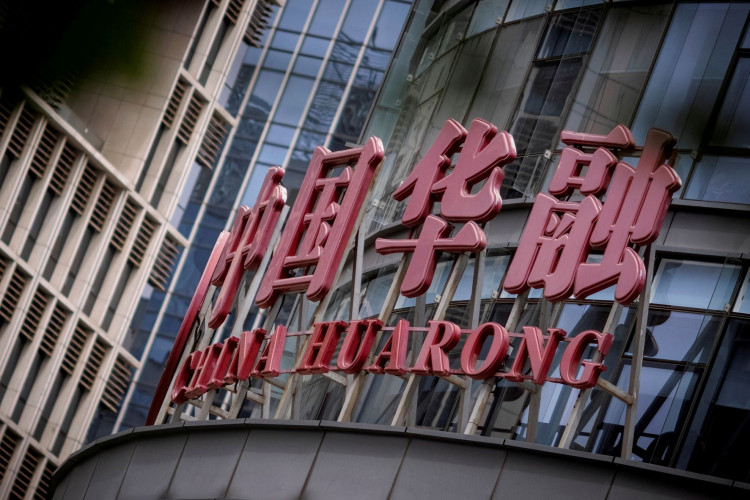After a nearly five-month delay, China Huarong Asset Management Co Ltd finally published its 2020 results. The company posted a record loss of about $15.9 billion for the year, partially attributed to the disposal of risky assets linked to its disgraced former chairman, Lai Xiaomin.
The company, which recently secured a government bailout, slashed its shareholder equity by nearly 85%. According to its filing Sunday, the company booked $16.67 billion in impairments and $1.93 billion in losses on financial assets.
Earlier in the year, the company had warned investors of the possible losses linked to its credit impairment. The annual result, which had been delayed for months due to restructuring uncertainties, confirmed the substantial loss.
For the first quarter of 2021, the company posted a profit of $24.46 million. While it did return a profit, the company's key capital level is still below regulatory requirements. Following the execution of Lai in January over crimes including bribery, China Huarong has outlines plans to immediately shore up its balance sheet.
China Huarong recently secured a rescue package from several of China's largest financial institutions. The company is one of China's four major bad debt managers with the nation's finance ministry as it largest shareholder.
As part of its restructuring plan, the company announced earlier this month that a consortium led by CITIC Group will acquire stakes in the company. CITIC Group and China Life Asset Management agreed to invest fresh capital into the company, including $7.7 billion as part of an overhaul plan.
China Huarong currently has about $238 billion in liabilities, including more than $20 billion of offshore bonds. As of June 30, the company had debts of about $120.92 billion, out of which around $89.37 billion will be due within one year.
China Huarong Chairman Wang Zhanfeng said last year's losses will have a significant impact on its results this year. However, he assured stakeholders that harsh lessons have been learned.
"What is gone is gone, but go for what is to come. We will learn from the lesson and take it as valuable experience and the desire to move forward," Wang said.
The company said it plans to implement measures such as asset sales and securing additional capital to ensure operations within the next 12 months. It added that it plans to dispose of non-core subsidiaries to increase its fund inflows and replenish capital.





